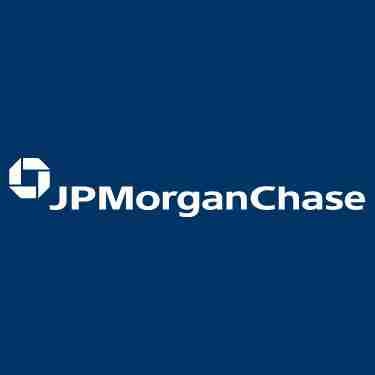Although retail investors will probably be unable to throw in their lots with the new company, this deal could have important ramifications for JPMorgan Chase & Co. (NYSE:JPM)’s organizational structure and future growth plans. It could also presage similar moves by other big banks. In fact, a rush to comply with the provisions of the so-called Volcker rule and some additional pieces of regulation has led to private-equity divestitures across the industry. Investors with interest in large-cap banks would do well to remain informed about this transaction.
JP Morgan and the Competition at a Glance
As one of the largest U.S.-based banks in existence, JPMorgan Chase & Co. (NYSE:JPM) competes with other highly diversified “household name” banks like Bank of America Corp (NYSE:BAC) and Citigroup Inc (NYSE:C). With enormous revenue figures and globe-spanning operational structures, these firms are alike in many important ways. Until recently, market-watchers deemed JPMorgan Chase & Co. (NYSE:JPM) to be the strongest and most stable of the bunch.
For starters, their market capitalization figures are all comfortably in the 11-figure range. With a valuation of nearly $205 billion, JP Morgan leads the pack. With a market capitalization of just under $153 billion, Citigroup Inc (NYSE:C) is not too far behind. Bank of America Corp (NYSE:BAC)’s shares are worth around $142 billion in the aggregate.
Revenues and profits tell a similar story. In 2012, JP Morgan earned a solid $21.4 billion on revenues of about $92 billion. This compares quite favorably with Citigroup Inc (NYSE:C)’s take of $8.4 billion on revenues of $61 billion. Bank of America Corp (NYSE:BAC) had a much narrower margin: it took in about $78 billion in revenue but posted a profit of just over $3.5 billion. Fortunately, all three of these firms appear to be in good financial shape. Bank of America Corp (NYSE:BAC)’s debts add up to about $618 billion and offset a cash hoard of just over $500 billion. JPMorgan Chase & Co. (NYSE:JPM) and Citigroup Inc (NYSE:C) enjoy similar ratios.
How the Deal Will Happen
Few hard details about this spin-off have been released. However, JP Morgan’s CEO has indicated that One Equity will no longer raise capital from JP Morgan’s clients or accept infusions of cash from its former parent company. Although the firm will receive limited support during its transition to full independence, it will have its own internal management team. Meanwhile, JP Morgan will completely exit the private equity business to focus on its core banking and trading operations.
Although JP Morgan has not provided explicit guidance on the structure of the newly independent One Equity Partners, it appears that the firm will not trade as a public company. Rather, it appears likely that it will solicit large-scale investments from institutional clients like other private equity firms, hedge funds and pension funds. However, it would be foolish to assume that a public offering is off the table for the foreseeable future. As such, investors would be wise to keep an eye on One Equity.
Good or Bad for JPM?
This deal will represent a major change for JP Morgan. On the positive side, the bank will divest a volatile asset that has seen its share of troubles over the past decade. Of course, it will also sacrifice potential revenue from well-structured deals. Operationally, the company will be a bit more streamlined and may be able to put the cash that it would set aside One Equity to use in other ways. Overall, JP Morgan will emerge from this spin-off as a more conservative company that fully complies with the confusing mix of new banking regulations to which it and its peers are required to adhere.




